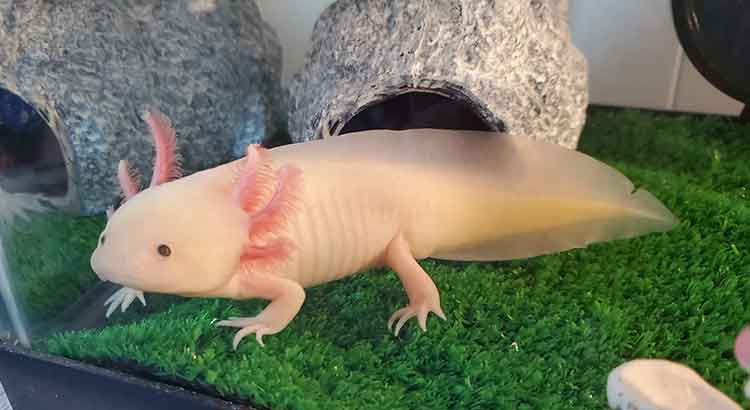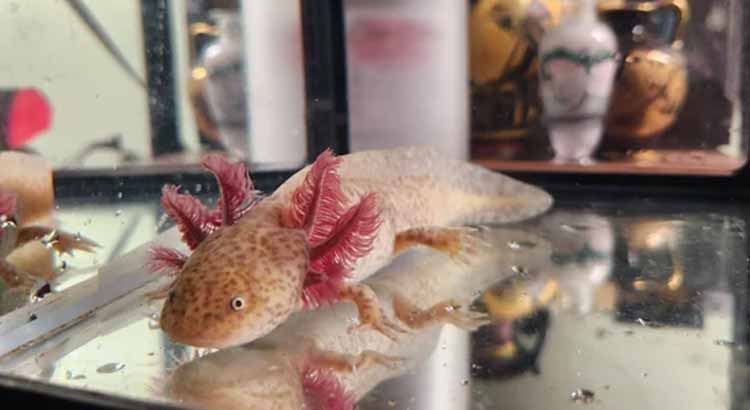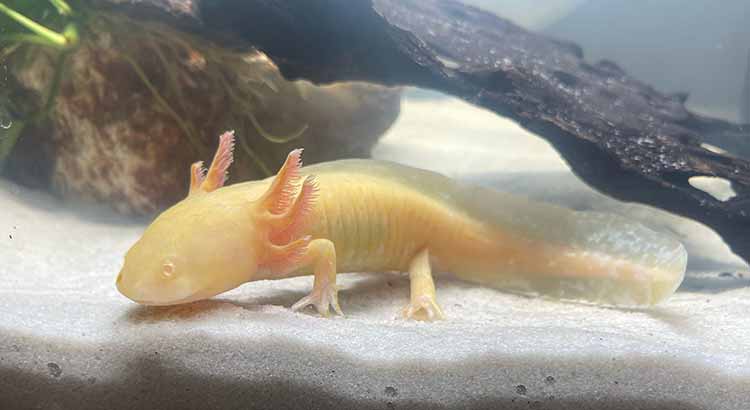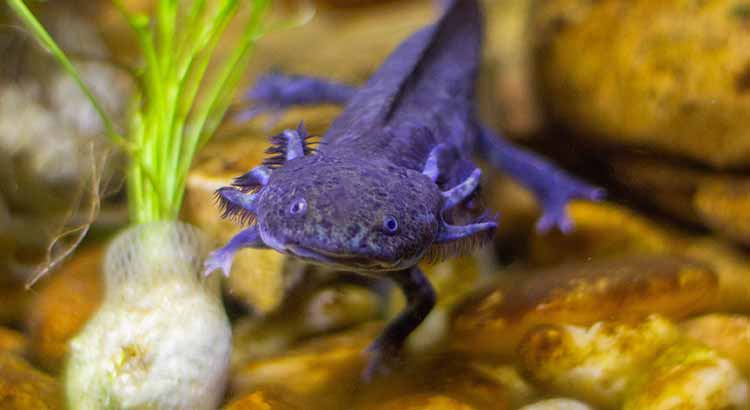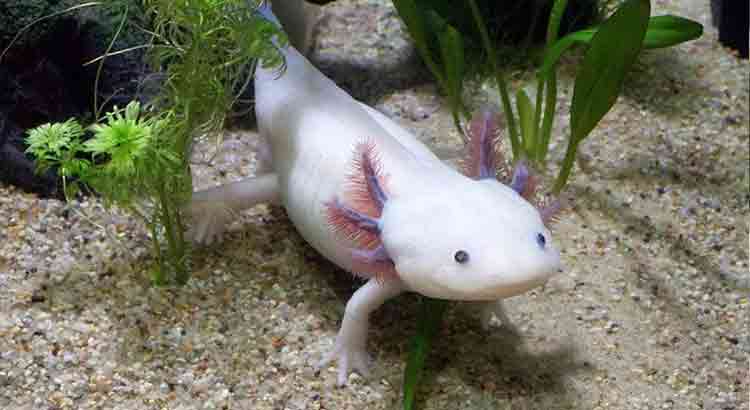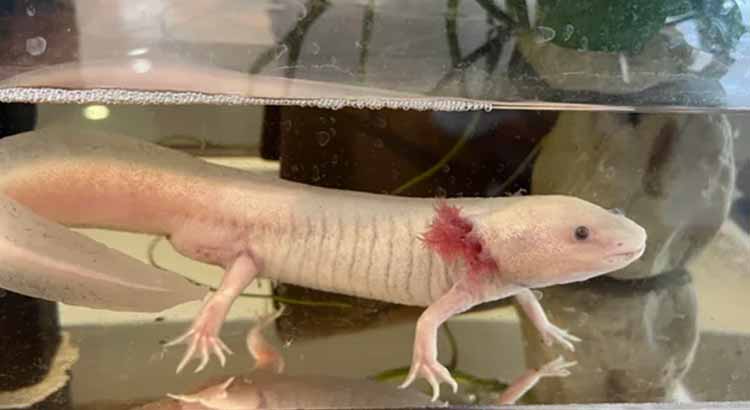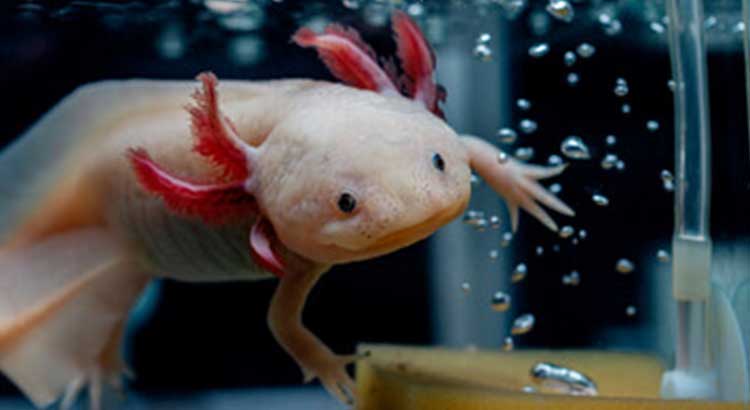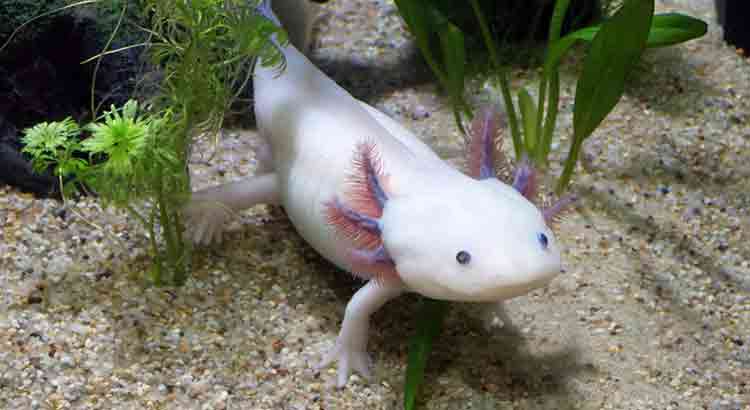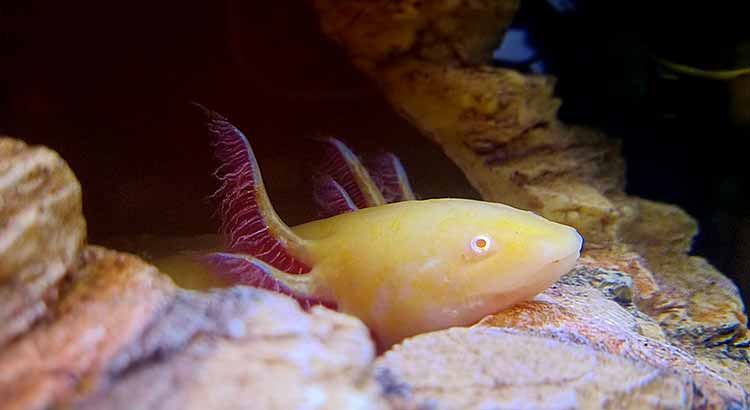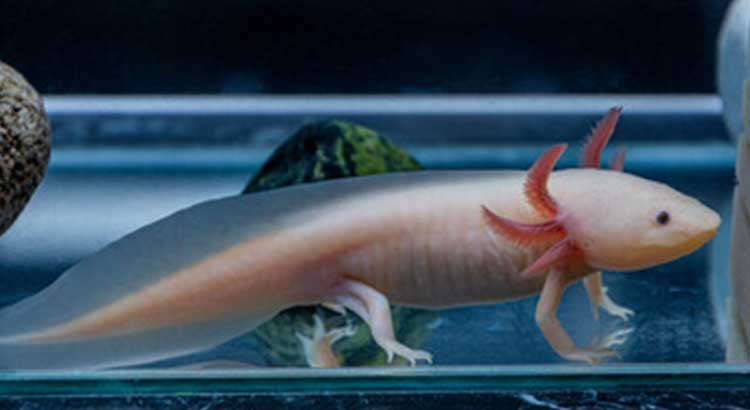7 Things to Do With Unwanted Axolotl Eggs
Wondering what to do with those unexpected axolotl eggs? Fear not! We’ve got you covered with seven creative solutions to turn your little aquatic surprise into a fascinating adventure. Disposing of The Eggs Humanely Axolotl eggs unexpectedly in your hands? First, consider humane disposal. Gently remove the eggs and place them in a container with … Read more

